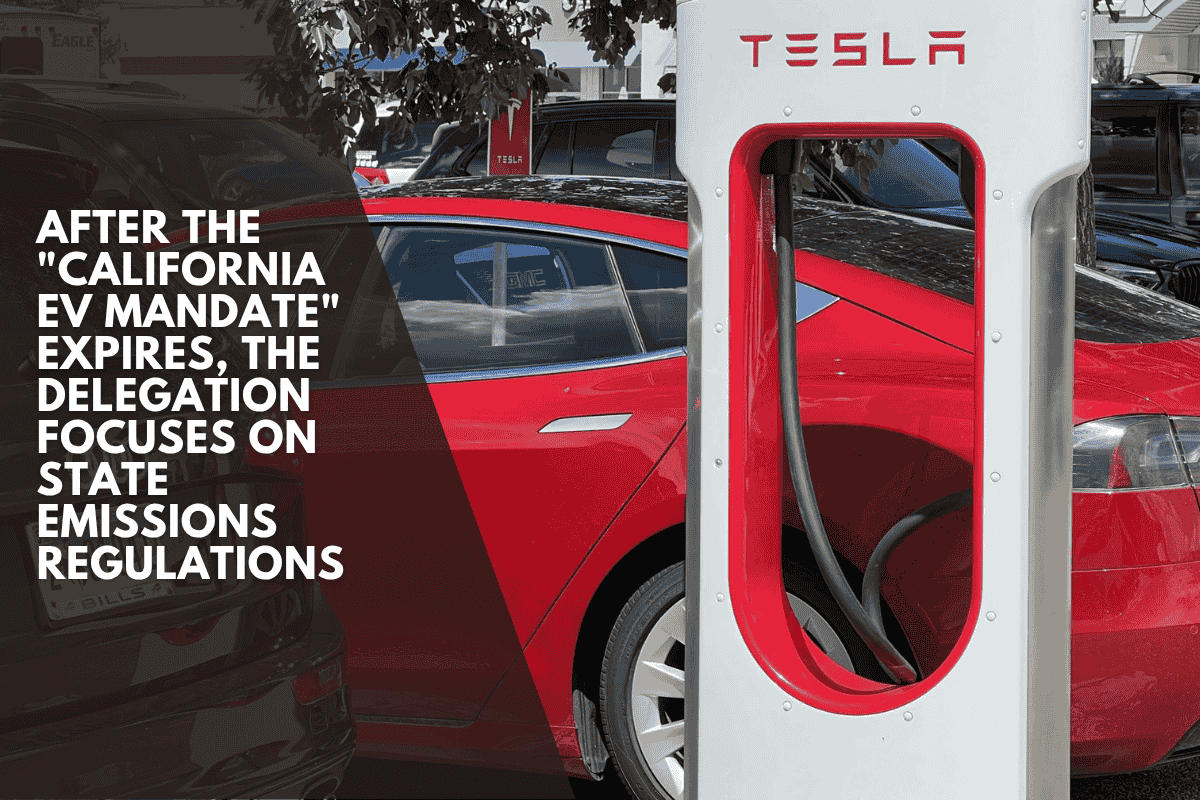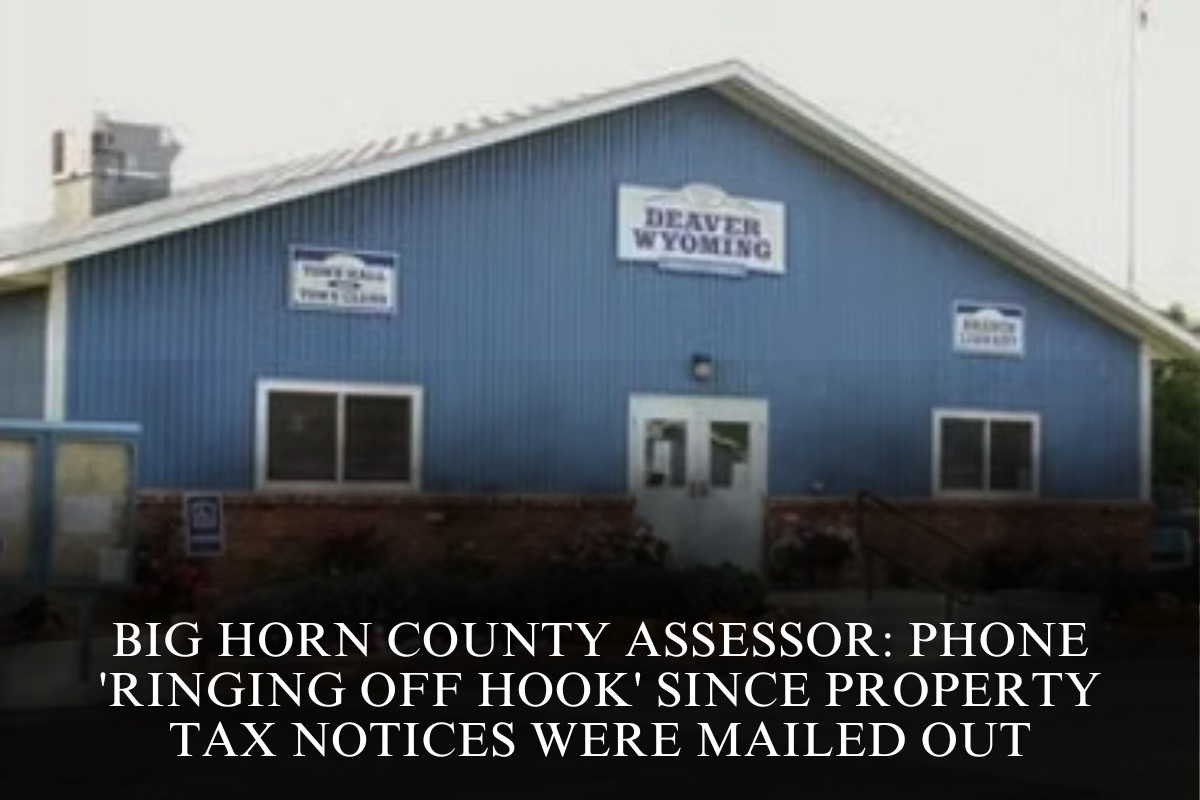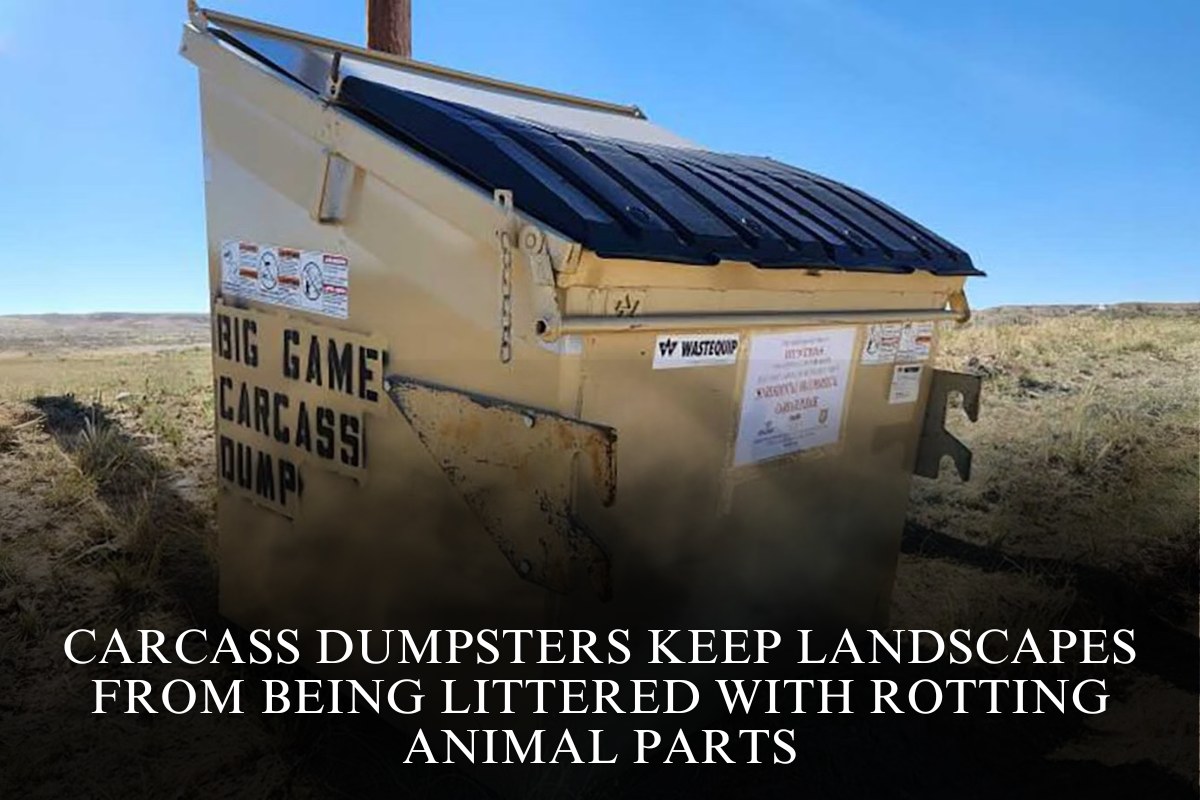WASHINGTON, D.C. — Wyoming’s congressional delegation and fellow Republicans in the nation’s capital saw the repeal of the “California EV mandate” as just the beginning.
They now hope to pass a bill that would deprive California of the authority it has had since 1967 to create auto emissions rules — rules that 17 other states have largely or partially copied in favor of electric vehicles.
This bill is known as the Stop California from Advancing Regulatory Burden Act, or Stop CARB Act.
The bill would repeal the nearly 60-year-old exemption in the Air Quality Act, now known as the Clean Air Act, that has allowed California to set auto emissions standards that are stricter than the EPA limits.
Furthermore, the bill would nullify all state regulatory regimes that mirror California’s and prohibit any state from enacting similar rules in the future.
Another Republican-backed bill is the Preserving Choice in Vehicle Purchases Act. The bill would prohibit emissions standards that “directly or indirectly limit the sale or use of new motor vehicles with internal combustion engines,” according to its text.
The oil industry faces enormous risks as key regulations seek to phase out gasoline and diesel-powered engines. These bills would prevent that from occurring.
Republicans have repeatedly stated that emissions standards have an impact on the entire automaking industry, affecting pricing and availability of all cars and trucks nationwide.
Both bills are currently awaiting committee action, with no votes scheduled. Both bills have corresponding versions in committees of the House and Senate.
Background And ‘California EV Mandate’
The Clean Air Act generally prohibits states from establishing auto emissions standards, allowing the EPA to set national limits instead. This arrangement has provided oil refiners and automakers with a high level of regulatory certainty, eliminating the need to deal with a patchwork of rules across the country.
However, California, where Los Angeles’ smog was notorious, received the exemption in 1967. Later, the Clean Air Act amendments of 1990 allowed states to adopt California’s regulations. Over the last 35 years, more and more states have adopted those rules, which are constantly evolving and becoming stricter over time.
As of April of this year, the Congressional Research Service, Congress’ nonpartisan legislative analysis arm, reported that 17 states had adopted California’s rules in whole or in part.
The most contentious and far-reaching of these rules was Advanced Clean Cars II, also known as the California EV mandate because it required the phase-out of gasoline-powered cars and light-duty trucks.
It called for a 10-year ban on the sale of new vehicles of those types. By 2035, all new car and light-duty truck sales must be zero-emissions.
Republicans passed legislation that President Donald Trump signed last week, overturning Advanced Clean Cars II and other recent California air rules. The federal lawmakers achieved this by challenging recent EPA waivers granted to California under the Clean Air Act.
EPA Waivers And Senate Procedure
Although California has the carve-out in the Clean Air Act, it must still seek waivers from the EPA each time it makes new rules, and historically those waivers have been rubberstamped.
Once a waiver is approved for California, it is automatically applied to the other states that follow the California model.
Republicans used the Congressional Review Act (CRA) to treat the most recent EPA waivers for California as federal rules and overturned them.
In the House, many Democrats agreed with Republicans on this. However, the situation in the Senate was quite different.
The CRA allows Congress to repeal rules based on simple majority votes. Legislation typically requires 60 votes to pass in the Senate, where Republicans control 53 seats.
Senate Democrats argued that the EPA waivers were routine under the Clean Air Act and thus legislative in nature, rather than rules subject to CRA review.
Senate Democrats were encouraged by reports from both the Government Accountability Office and the Senate parliamentarian that supported their position.
They demanded Republicans follow “regular order,” which required 60 votes, but the GOP refused and instead flouted the rules with simple-majority, party-line votes.
Concerning the underlying policy issue, Democrats argued that climate change, health problems caused by air pollution, and the principle of state sovereignty should have prevailed. They also warned that EV manufacturing jobs would be lost to other countries.
Republicans argued that California should not be allowed to set de facto policy for the entire country, especially since EVs are typically more expensive than combustion-engine vehicles and do not suit rural lifestyles.
New Bills And Wyoming’s Delegation
U.S. Sen. Cynthia Lummis, R-Wyoming, is a co-sponsor of both the Stop CARB Act and the Preserving Choice in Vehicle Purchases Act.
“I hope to see both of these bills move forward to create safeguards against California repeating these ridiculous actions in the future,” Lummis told Cowboy State Daily on Friday. “National EV and emissions standards need to be established by Congress, not California’s progressive, ultra-left state assembly.”
U.S. Senate Republican Whip John Barrasso of Wyoming co-sponsored one of the bills, but a spokeswoman confirmed Friday that he supports both.
“Senator Barrasso supports all efforts to prevent California from setting vehicle standards nationwide, including the Stop CARB Act and the Preserving Choice in Vehicle Purchases Act,” said spokeswoman Laura Mengelkamp on Friday.
On the House side, Wyoming Republican Rep. Harriet Hageman has not signed either bill but has told Cowboy State Daily that she supports it.
“California’s overreaching environmental mandates are a direct threat to the practical realities of states like Wyoming,” Hageman told reporters Friday.
“The push for electric vehicles is both impractical and dangerous. In Wyoming’s harsh winters and vast rural expanses, electric vehicles are unreliable and dangerous,” Hageman added.
“We must protect Wyoming’s interests and ensure that California’s wrongheaded, counter-intuitive, and destructive regulatory burdens are not forced on the rest of the country,” according to the congresswoman.
The Preserving Choice in Vehicle Purchases Act was introduced in the United States Senate by Markwayne Mullin, R-Oklahoma, and in the House by John Joyce, R-Pennsylvania.
U.S. Sen. Mike Lee, R-Utah, and U.S. Rep. Troy Nehls, R-Texas, are leading the Stop CARB Act effort.












